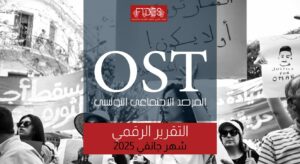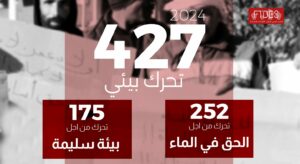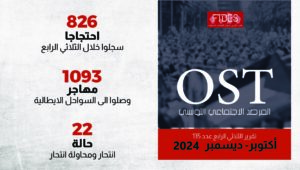What is the content of the recent agreement between Tunisia and Italy? Italian and Tunisian associations present FOI (Freedom of Information) requests
The associations raise the alarm: “border control externalization produces systematic violations of migrants’ rights”.
ASGI (Association for Juridical Studies on Migration), FTDES (Tunisian Forum for Economic and Social Rights) and ASF (Lawyers Without Borders) have submitted FOI requests to the Italian and Tunisian governments after the non-publication of the content of the agreement concluded on August 17, 2020. According to press reports the agreement envisages the Italian economic support of 11 million euros for the strengthening of border control systems and training of security forces aimed at both preventing the departure of migrants and intercepting vessels in Tunisian territorial waters.
On August 17, the Italian Interior and Foreign Affairs Ministers, accompanied by the European Commissioner for Home Affairs and the Commissioner for Enlargement and European Neighborhood Policy, met in Tunisia with the President of the Tunisian Republic, the Prime Minister in charge, and the Minister of Foreign Affairs ad interim to agree on financing arrangements and mutual commitments. One of the novelties in this case concerns the explicit reference to the conditionality of aid: Minister Di Maio threatened to suspend the 6.5 million euro funding for development cooperation in Tunisia in order to encourage the country to intensify its efforts to control departures from its coasts.
The agreement is based on assumptions considered false by the undersigned associations:
- The consideration of Tunisia as a safe country for migrants transiting through it. However, the practices of arbitrary detention, inadequate reception conditions and lack of effective protection are well known. These conditions led, only a few weeks ago, to the death of a three-year-old child at the Migrants Center of Médenine.
- Tunisia’s presumption of security for its citizens and the consideration of Tunisian migrants as irregular migrants to be repatriated. Statements by the Italian Foreign Minister that “the only way out of an irregular arrival is repatriation” deliberately ignore Italian and European standards on asylum and the discipline of refoulement and expulsion. In fact, no repatriation is possible without a careful evaluation of the individual situation of each person in order to exclude causes of inadmissibility and without giving the foreign citizen the possibility to request international protection.
It should also be noted that international protection is recognized on the basis of the personal circumstances that led to emigration and not on the basis of the person’s nationality.
It is necessary to condemn all steps in the process of border externalization that lead to systematic violations of the rights of foreign citizens, especially the right to seek asylum. ASGI, ASF and FTDES therefore requested access to the contents of the agreement in order to conduct an analysis of its legitimacy and to imagine future scenarios in terms of its impact on human rights.








